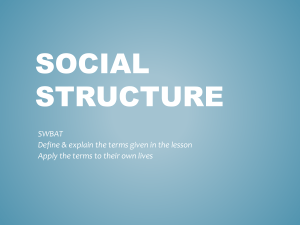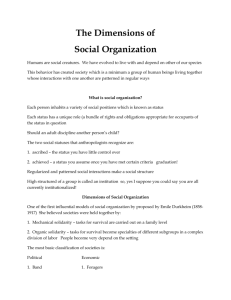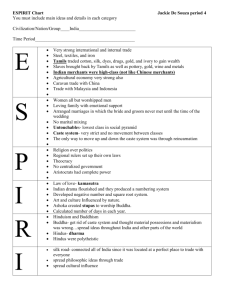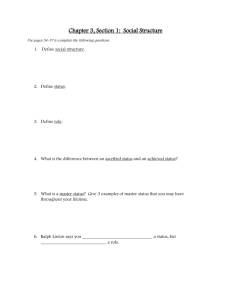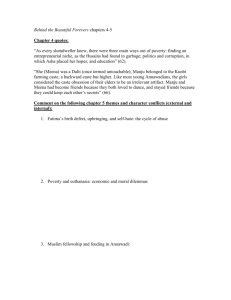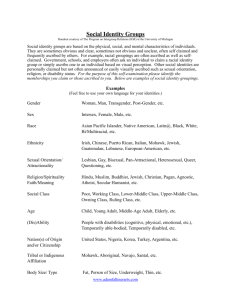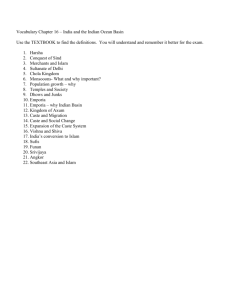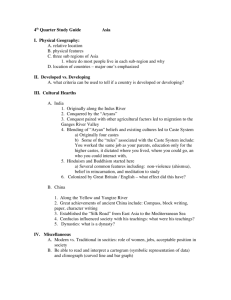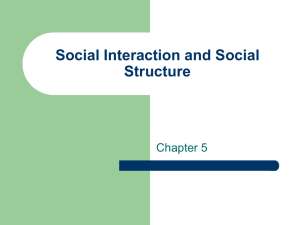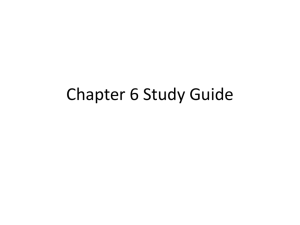caste system
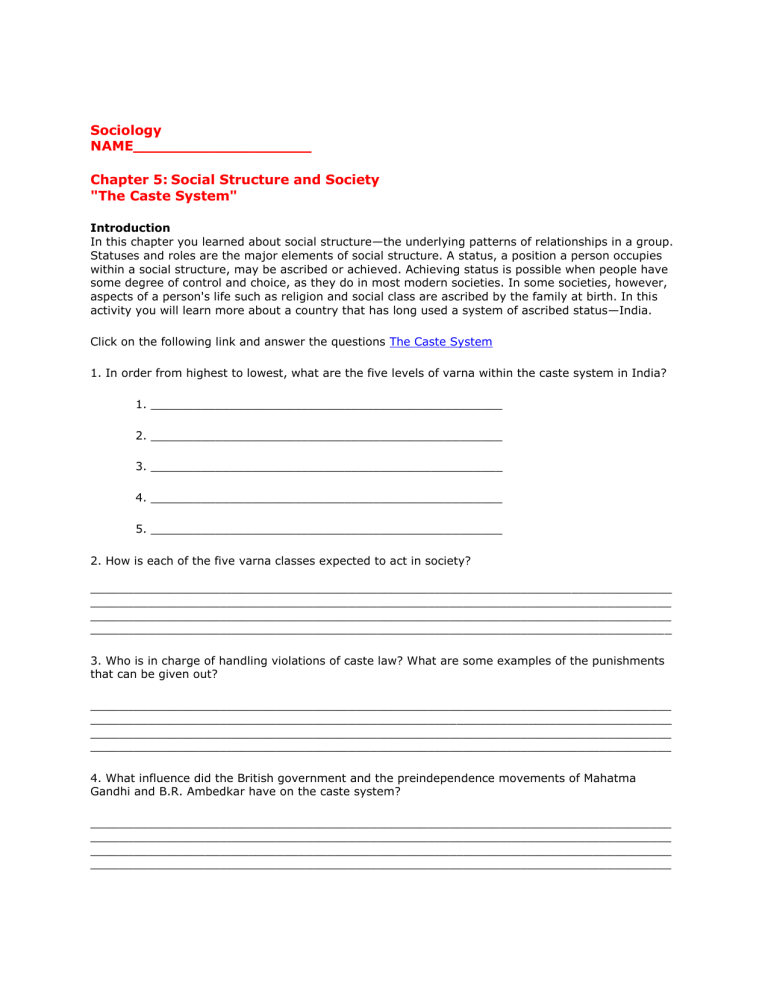
Sociology
NAME___________________
Chapter 5: Social Structure and Society
"The Caste System"
Introduction
In this chapter you learned about social structure—the underlying patterns of relationships in a group.
Statuses and roles are the major elements of social structure. A status, a position a person occupies within a social structure, may be ascribed or achieved. Achieving status is possible when people have some degree of control and choice, as they do in most modern societies. In some societies, however, aspects of a person's life such as religion and social class are ascribed by the family at birth. In this activity you will learn more about a country that has long used a system of ascribed status—India.
Click on the following link and answer the questions The Caste System
1. In order from highest to lowest, what are the five levels of varna within the caste system in India?
1. _________________________________________________
2. _________________________________________________
3. _________________________________________________
4. _________________________________________________
5. _________________________________________________
2. How is each of the five varna classes expected to act in society?
_________________________________________________________________________________
_________________________________________________________________________________
_________________________________________________________________________________
_________________________________________________________________________________
3. Who is in charge of handling violations of caste law? What are some examples of the punishments that can be given out?
_________________________________________________________________________________
_________________________________________________________________________________
_________________________________________________________________________________
_________________________________________________________________________________
4. What influence did the British government and the preindependence movements of Mahatma
Gandhi and B.R. Ambedkar have on the caste system?
_________________________________________________________________________________
_________________________________________________________________________________
_________________________________________________________________________________
_________________________________________________________________________________
5.
Write two paragraphs to compare and contrast the caste system in India—with its use of ascribed status, to the social system in the United States—which focuses more on achieved status. What similarities can you identify, if any? What differences do you see? Use this chart to help you get started.
India
Ascribed Status- you cannot change your place in society
1. How are people given status? (Looks, hair color, etc.)
United States
Achieved Status- you work for your place in society
2. How do people change their place in society?
2. What different groups exist in society? See question #1 above
3. Do you think this class system will ever change and people can choose what group to belong in?
Why or why not?
2. What different groups exist in society?
3. Do you think Americans are placed in a class even though they may not belong there? Give me an example why or why not.
